Content warning
This story may contain sensitive material or discuss topics that some readers may find distressing. Reader discretion is advised. The views and opinions expressed in this story are those of the author and do not necessarily reflect the official policy or position of Vocal.
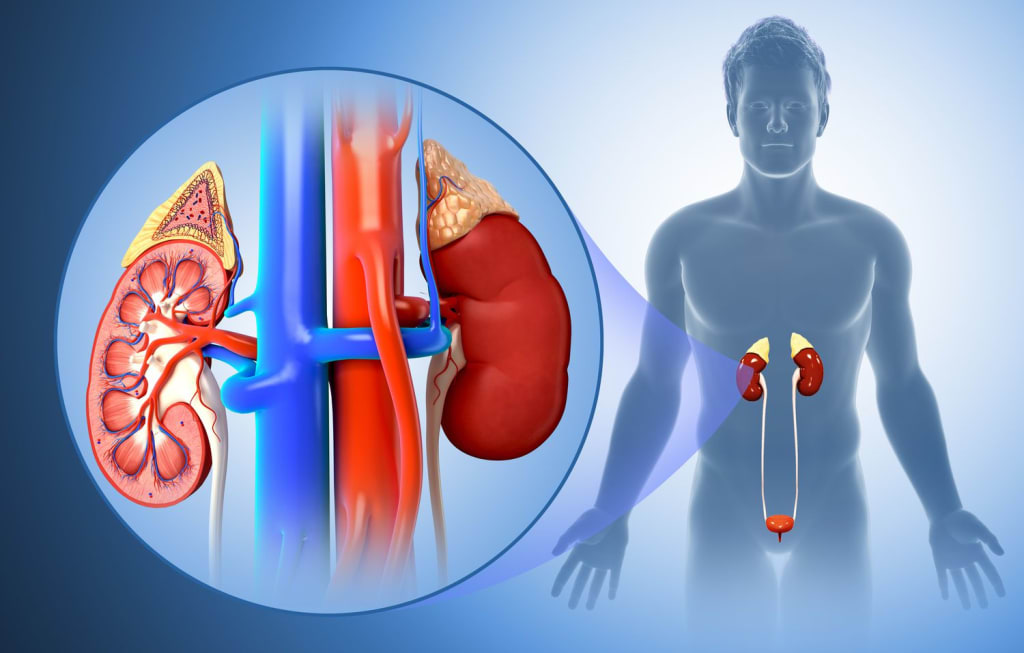
The human kidney is one of the most essential organs in the body, responsible for filtering waste products from the blood, regulating electrolytes, and maintaining fluid balance. The kidney also plays a crucial role in regulating blood pressure and producing important hormones such as erythropoietin, which stimulates the production of red blood cells. Unfortunately, the kidney is vulnerable to a range of diseases that can impair its proper functioning and lead to serious health complications.
Some of the most common kidney diseases include chronic kidney disease (CKD), kidney stones, urinary tract infections, and polycystic kidney disease (PKD). CKD is a long-term condition in which the kidneys slowly lose function over time, often due to underlying conditions such as diabetes or high blood pressure. Kidney stones are hard mineral deposits that form in the urinary tract and can cause intense pain and discomfort, while urinary tract infections can cause inflammation and damage to the kidneys if left untreated. PKD is an inherited condition in which numerous fluid-filled cysts develop in the kidneys over time, eventually leading to kidney failure in some cases.
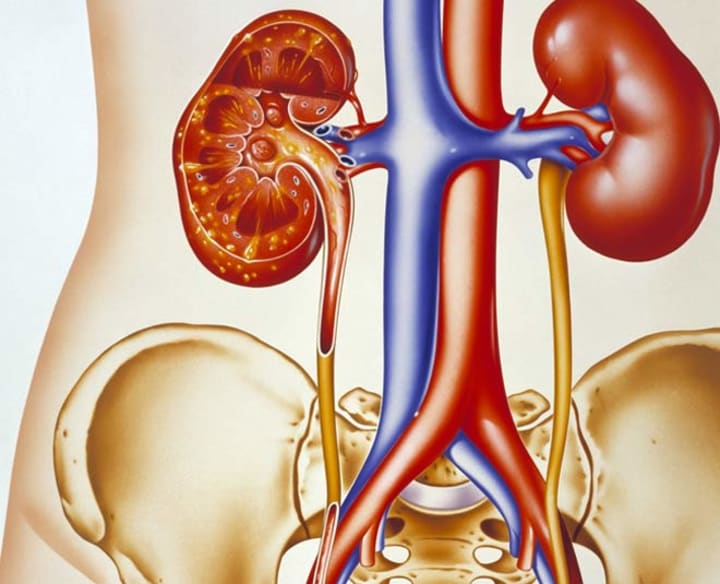
Fortunately, there are many steps that individuals can take to help protect their kidneys and reduce the risk of developing kidney disease. In addition to maintaining healthy lifestyle habits such as staying active, managing stress, and getting adequate sleep, there are also several specific foods that can help support kidney function and prevent disease.
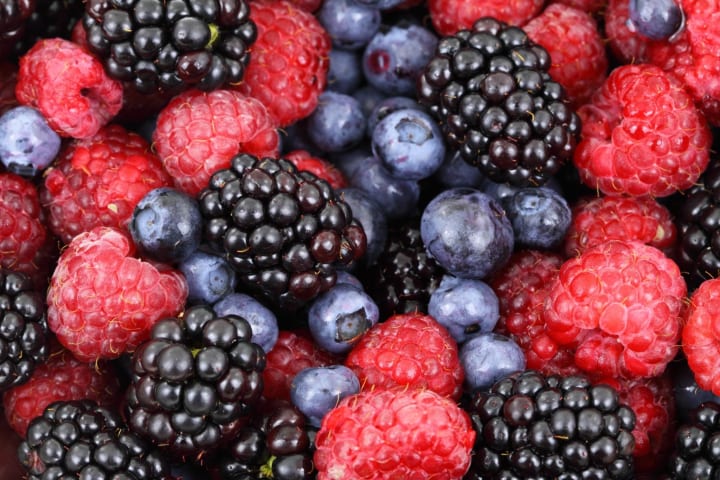
1. Berries
Berries such as blueberries, strawberries, and raspberries are not only delicious but also packed with antioxidants and anti-inflammatory compounds that can benefit kidney health. These compounds help to reduce inflammation and oxidative stress in the kidneys, which can contribute to the development of kidney disease. Additionally, berries are low in potassium, making them a great choice for individuals with kidney disease who may need to limit their potassium intake.

2. Salmon
Salmon and other fatty fish are rich in omega-3 fatty acids, which have been shown to have numerous health benefits, including reducing inflammation and improving kidney function. Omega-3s have also been found to the risk of kidney disease and may help slow its progression in individuals with CKD. Additionally, fish is a great source of high-quality protein, which is essential for maintaining healthy muscle mass and preventing malnutrition in individuals with kidney disease.
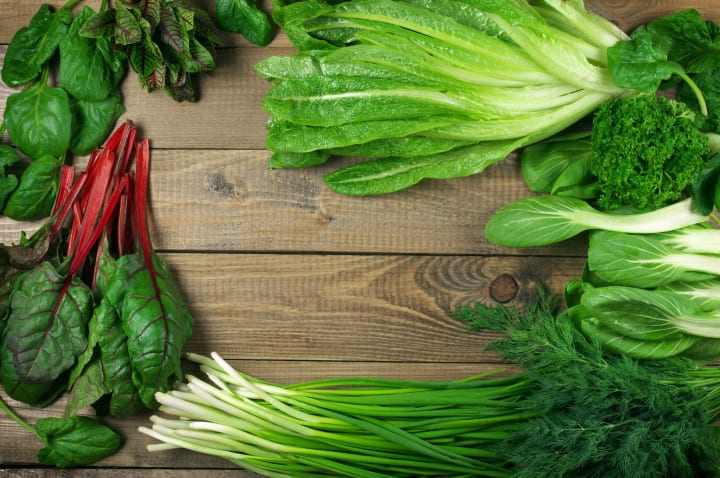
3. Leafy Greens
Leafy greens such as kale, spinach, and collard greens are full of vitamins and minerals that are essential for kidney health, including potassium, magnesium, and vitamin A. While individuals with kidney disease may need to limit their intake of potassium, these greens can still be included in a kidney-friendly diet in moderation. Additionally, leafy greens are low in sodium, which can help to lower blood pressure and reduce the risk of kidney damage.
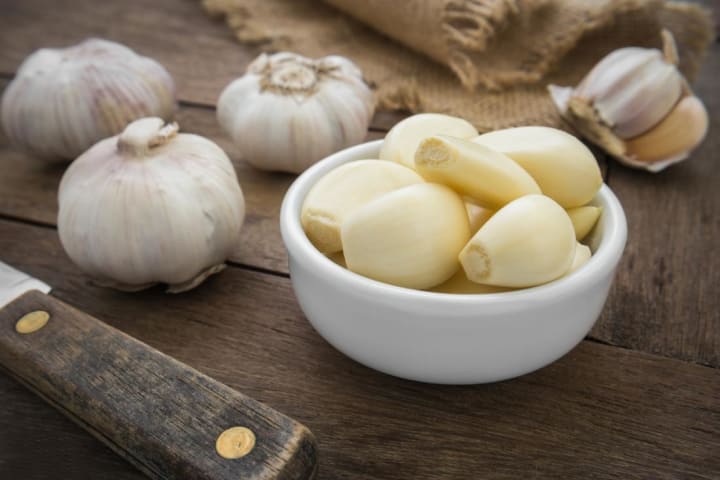
4. Garlic
Garlic is a powerful anti-inflammatory food that can benefit kidney health in numerous ways. Its compounds have been found to improve kidney function, reduce inflammation, and lower blood pressure. Garlic is also low in potassium and phosphorus, making it a great choice for individuals with kidney disease who need to limit these nutrients in their diet.
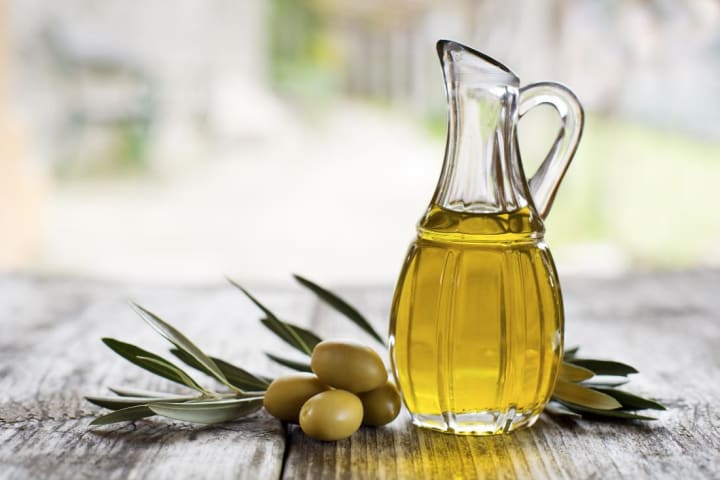
5. Olive Oil
Olive oil is a healthy fat that is rich in antioxidants and anti-inflammatory compounds that can help to protect the kidneys from damage. Its polyphenols have been found to improve kidney function and reduce inflammation in individuals with kidney disease. Additionally, by using olive oil in place of less healthy fats such as butter or margarine, individuals can reduce their intake of saturated and trans fats, which can contribute to the development of kidney disease.
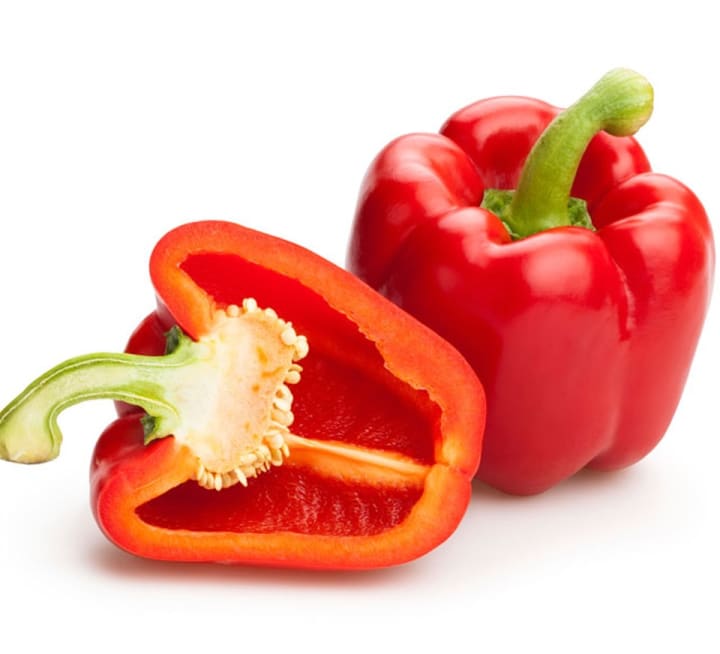
6. Red Bell Peppers
Red bell peppers are a great source of vitamin C, which is an important antioxidant that can help to protect the kidneys from damage. Vitamin C has also been found to improve kidney function and reduce the risk of kidney disease. In addition, red bell peppers are low in potassium, making them a great choice for individuals with kidney disease who need to limit their intake of this nutrient.

In conclusion, the human kidney is a vital organ that plays a crucial role in maintaining overall health. Unfortunately, kidney disease is a common and serious health issue that can lead to serious health complications if left untreated. Fortunately, individuals can take steps to protect their kidneys by maintaining healthy lifestyle habits and incorporating specific foods into their diet. By consuming foods that are rich in antioxidants, anti-inflammatory compounds, and essential nutrients such as protein and healthy fats, individuals can help to support kidney function and prevent the development or progression of kidney disease.
Subscribe for more health tips. #everyone #healthyLife
About the Creator
Freddy
mystery, facts and horror stories to read
Enjoyed the story? Support the Creator.
Subscribe for free to receive all their stories in your feed. You could also pledge your support or give them a one-off tip, letting them know you appreciate their work.






Comments
There are no comments for this story
Be the first to respond and start the conversation.